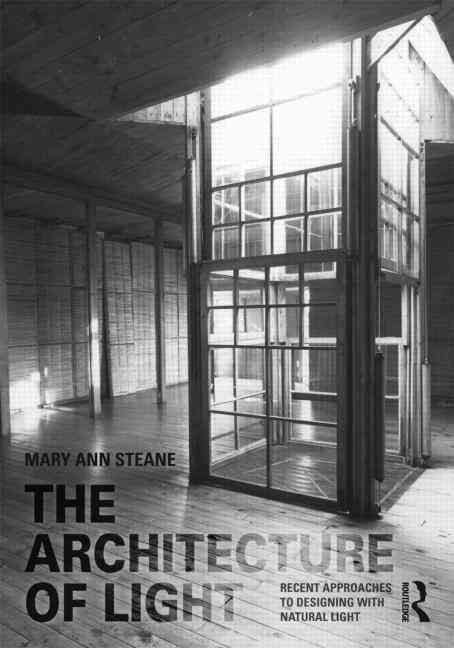Reviewing the use of natural light by architects in the era of electricity, this book aims to show that natural light not only remains a potential source of order in architecture, but that natural lighting strategies impose a usefully creative discipline on design. Considering an approach to environmental context that sees light as a critical aspect of place, this book explores current attitudes to natural light by offering a series of in-depth studies of recent projects and the particular lighting issues they have addressed. It gives a more nuanced appraisal of these lighting strategies by setting them within their broader topographic, climatic and cultural contexts.












